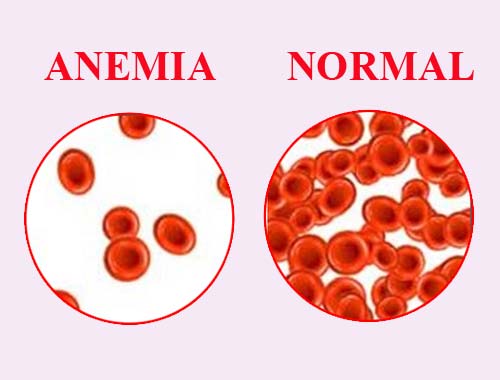Blood test Reference Ranges laboratory
 Published: 16 Apr 2023
Published: 16 Apr 2023

Lab tests play an important role in your health care. Your provider may order tests of various organs and systems to see if there have been changes in your health over time. A screening test can show if you are at a higher risk for getting a specific disease. Your provider will likely include a physical exam, health history, and other tests and procedures to help guide diagnosis and treatment decisions.
Lab tests are used in many different ways. If you've already been diagnosed with a disease, lab tests can show if your condition is getting better or worse. But they don't provide a complete picture of your health. It can show you whether or not you have an HPV infection
Screen for a disease. Testing can help find health problems before symptoms appear.
A complete blood count is a type of routine test that measures different substances in your blood. It can give your health care provider important information about your overall health and risk for certain diseases.Lab tests are often included in a routine checkup. It is also sometimes used to diagnose the disease.
Check your overall health. It can also show if your treatment is working.
A blood glucose test is a type of test that is used to monitor diabetes and diabetes treatment. A laboratory (lab) test is a procedure in which a health care provider takes a sample of your blood, urine, other bodily fluid, or body tissue to get information about your health. It can also find out if you have a disease, even if you have no symptoms.
A Pap test is a type of screening test for cervical cancer
Monitor a disease and/or treatment. Some lab tests are used to help diagnose, screen, or monitor a specific disease or condition. Your health care provider may order one or more lab tests to:
Diagnose or rule out a specific disease or condition
An HPV test is an example of this type of test.
Even though false negatives and positives are uncommon, your provider may need to do multiple tests to make sure your diagnosis is correct.
What factors can affect my results?
There are many factors that can affect the accuracy of your test results. A false positive result means your test shows you have a disease or condition, but you don't actually have it.
A false negative result means your test shows you don't have a disease or condition, but you actually do.
These incorrect results don't happen often, but they are more likely to happen with certain of types tests, or if testing was not done right. These include:
Certain foods and drinks
Medicines
Stress
Vigorous exercise
Variations in lab procedures
Having an illness
If you have any questions about your lab tests or what your results mean, talk to your health care provider.